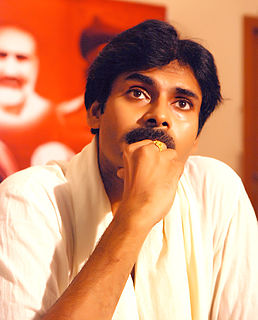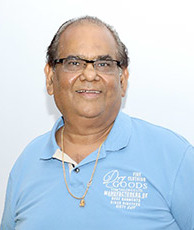A Quote by Saqib Saleem
A lot of people ask me, if I aspire to do films in Hollywood. If I get a chance, I would love to. But I feel that I owe it to my upbringing and the cinema I grew up on, to achieve something first in our film industry, and then venture out.
Related Quotes
I do feel like I owe something, but not to the industry. When you say "industry," I think of a group of people who don't really care much about you and treat you as a commodity. So, in that regard, I don't feel like I owe anything. But the people who've always been supportive of me and have always seen me for my greatest potential-those are the people who I feel like I owe something to. I feel like I am their voice. I owe it them to represent them in a way that they can be proud of.
I wanted to be a playwright in college. That's what I was interested in and that's what I was moving toward, and then I had the lucky accident of falling in love with film. I was 19 or 20 that I realized films are made by people. Shooting digitally became cheaper and better. You couldn't make something that looked like a Hollywood film, but you could make something through which you could work out ideas. I was acting, but I was also conceiving the plots and operating the camera when I wasn't onscreen. I got very unvain about film acting, and it became a sort of graduate school for me.
Our films tremendously influence people. But at the same time, no one goes to the cinema to listen to lectures, so if you have an interesting story, and if you can showcase it as a film, and its messages are good, then it's like an icing on the cake: it shall be a superhit. And if I get those kind of films, I'll definitely want to work on it.
The biggest problem in countries that don't have a tradition in animation or a film industry, is that precisely, that it's not an industrial activity as it is in Hollywood where there are clear production procedures. Because of this we all become snipers making our films any way we can and crossing our fingers to get distribution so people can see them.
There was a period that black film had no chance of making it in Hollywood. So, people just made the made the statements that they wanted to make. Whether it was a science fiction film or whatever, b/c they were just making movie for themselves. Then there was a period where people were creating projects as their Hollywood audition 'pieces'. I feel that today we are moving back to the era where we all have our own voices.
I studied cinema at the university so I had a very classical approach to it. I studied all those silent films, and then the films from the 1940's, the Nouvelle Vague, the late Hollywood films. Now I realize, as a young actor, that it's one of my duties to actually be aware of what is today's industry and today's next big directors.
My dad is an engineer by trade but worked a lot with the people in the Indian film industry when I was growing up. He started out distributing films from India here in the '70s because there was no place to go for people to watch movies from the homeland. So he developed a network of actors, writers, directors, and musicians that became his friends and that he would tour around the country with, doing stage shows of the musical numbers from their films.
Films are subjective - what you like, what you don't like. But the thing for me that is absolutely unifying is the idea that every time I go to the cinema and pay my money and sit down and watch a film go up on-screen, I want to feel that the people who made that film think it's the best movie in the world, that they poured everything into it and they really love it. Whether or not I agree with what they've done, I want that effort there - I want that sincerity. And when you don't feel it, that's the only time I feel like I'm wasting my time at the movies.
People say, "How do you get into the British film industry?" There is no British film industry, there are just people making films and finding their own way. It's not like in the States where there are studios and there's an actual infrastructure to it; there's just nothing here. You make it from scratch a lot of the time.




































